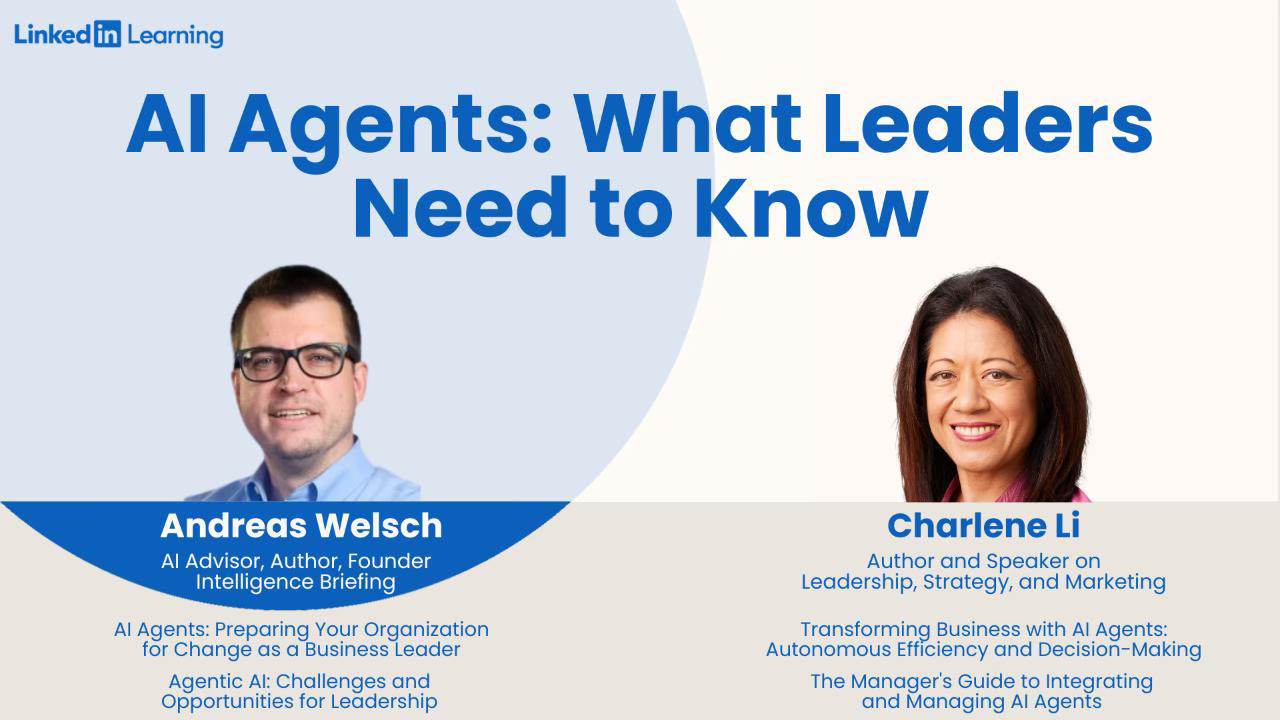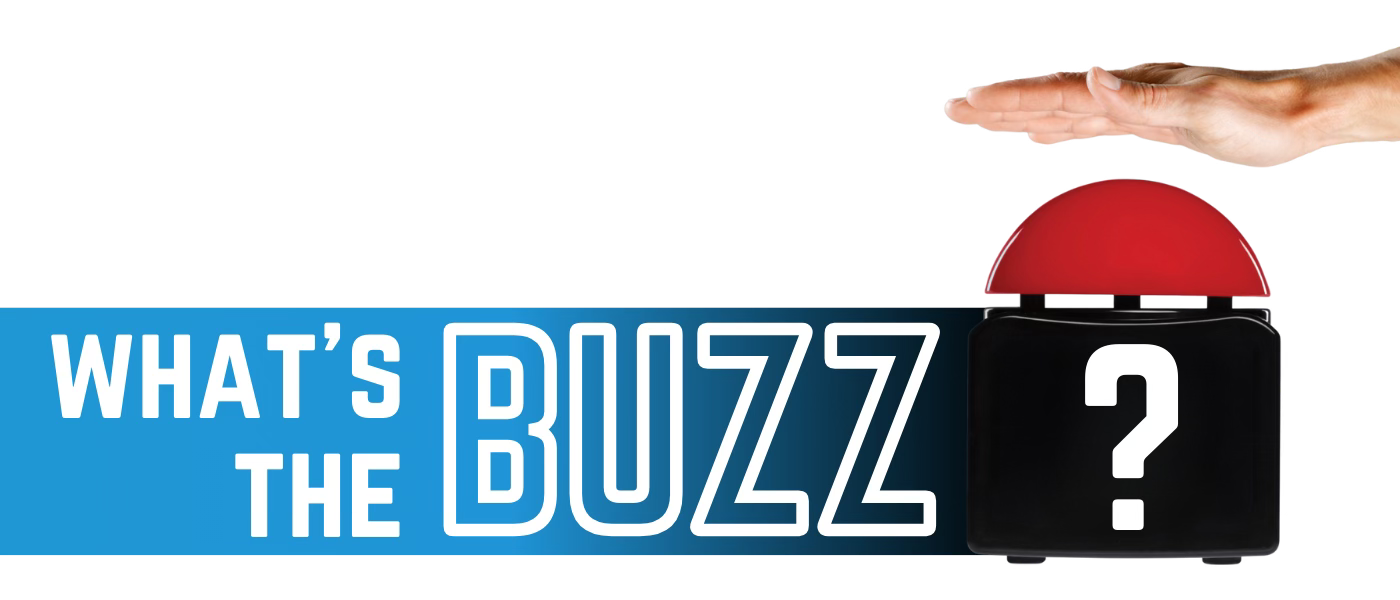Beware: Your AI-Driven Efficiency Gains Are Someone Else's Additional Work
How 'Good Enough' Drafts Shift Checking of Accuracy From Senders to Receivers
Lately, I’ve noticed a pattern in the kind of work that I do and the questions I receive—and maybe you have, too. For sure, Generative AI is a great productivity booster for a range of knowledge work that requires deep thinking and skill. Getting to that first draft within a matter of seconds with the help of AI has become a no-brainer. Why write it yourself? Generate. Skim. Send. Productivity problem: solved.
But when you’re on the receiving end and you’re asked to review drafts (that have seemingly been created with AI) without a diligent review, that mediocrity hits you with its full force.
When Mediocrity Hits You (in the Face)
Imagine the following scenario: Your kitchen stove is broken. You hire a professional who comes to your house to take a look and fix it. Before you can even say ‘hello,’ they are already out the door again, sticking a screwdriver and a bill in your hand that they have haphazardly put together. By their own account, they are extremely efficient because through their approach, they can now see 10x more customers in a workday. The only problem: your stove still isn’t fully operational, and you need to troubleshoot and fix the remaining issue yourself. Any of us would hardly find this acceptable, let alone pay for this kind of service.
Now, imagine the last time a co-worker or team member asked you to review a draft they have created—maybe it was even the “final” version. And maybe they even shared that they have created it with the help of AI within a fraction of the time it would have previously taken them. But once you start reading it, you notice something: It’s not bad. It’s largely correct. But it’s not great, specific, or without errors either. In fact, you notice that with a bit more attention and care, the team member could have spotted and resolved the mistakes themselves—before sending it to you for review.
What has just happened? Their AI-driven time-saving and productivity have become your manually reviewed problem.
LINKEDIN LEARNING OFFICE HOURS: All About Agentic AI for Leaders and Mid-Sized Organizations
AI Agents aren't just for big enterprises—they are transforming small and mid-sized businesses too! Join Ian Barkin (Entrepreneur, Investor, and Author) and Andreas Welsch as they share insights from their courses on how you can harness AI to streamline operations, boost efficiency, and stay ahead of the competition.
Agentic AI is everywhere in the tech headlines—but what does it really mean for business leaders and their teams? Andreas Welsch and Charlene Li (Author and Speaker) break down the hype and explain what decision-makers need to know about this rapidly evolving space.
Setting Expectations and Leading by Example
Now, it’s happened to me, too. Actually, I should rather say: I have let it happen before, too. I passed on the shortcut to the result with minimal edits. Maybe you have recently done the same.
I see us entering an era in which good enough becomes the new great. Don’t get me wrong; a lot of times, good enough is indeed good enough. But similar to how (I hope) we have learned in prompting training that “you are still responsible for the AI’s output,” you are not only responsible for its accuracy but also for its quality.
That’s why leaders have an even bigger responsibility when it comes to demanding high-quality work from their teams. As a leader, this means setting and re-setting expectations together with your team as the use of AI increases:
Encourage team members to use AI; they absolutely should
Using AI is not a sign of laziness or incompetence (which 46% of survey respondents mentioned as an inhibitor of AI usage in Slack’s Workforce Index study last fall).
Set clear expectations on when, where, and how to use AI
Team members are responsible for the accuracy and the quality of the results they submit, whether or not AI is involved. For example, use AI tools to generate and refine ideas combined with your own research, validation, and expertise. Review AI-generated output like you would review a junior team member’s work1 before passing it on. Passing on AI-generated results without review or fact-checking is unacceptable.
Retain the right to ask for re-work
If you spot check and notice that team members are not following the mutually agreed guidelines, retain the right to ask them for a revision. Just like before ChatGPT & Co., provide feedback and guidance as to what should be improved and where the bar is.
Even if you don’t currently lead a team, holding yourself to a higher standard will help you stand out and leverage the best of what humans and AI can create together. In addition, you make your recipient’s life a little easier, too, just like you would have before ChatGPT & Co.
Summary
Generative AI is enabling us to rapidly generate first drafts. However, the sender’s newfound productivity gains should not become the receiver’s burden if the quality of the information is subpar. Leaders should set expectations with their teams that team members are still held to a higher quality standard, whether or not AI is involved.
Explore related articles
Become an AI Leader
Join my bi-weekly live stream and podcast for leaders and hands-on practitioners. Each episode features a different guest who shares their AI journey and actionable insights. Learn from your peers how you can lead artificial intelligence, agentic AI, generative AI & automation in business with confidence.
Join us live
April 29 - Peter Gostev (Head of AI at Moonpig) will talk about how not to get fooled by Agentic AI claims.
May 06 - Maxim Ioffe (Director, Global IA CoE at WESCO) will discuss setting AI governance programs between IT and the business.
May 13 - Leah Tharin (B2B Product & Growth Leader) will be on the show to talk about product-led growth of Agentic AI products.
May 28 - Barr Moses (CEO & Co-Founder of Monte Carlo) will provide insights into having reliable data for AI and Agentic AI projects.
Watch the latest episodes or listen to the podcast
Follow me on LinkedIn for daily posts about how you can lead AI in business with confidence. Activate notifications (🔔) and never miss an update.
Together, let’s turn hype into outcome. 👍🏻
—Andreas
I am generally not a fan of comparing AI and humans or anthropomorphizing them because AI and humans are not alike. Despite its increasing capabilities, viewing AI as a junior team member might make users pay more attention to detail than viewing AI as a senior team member, more capable than themselves.








